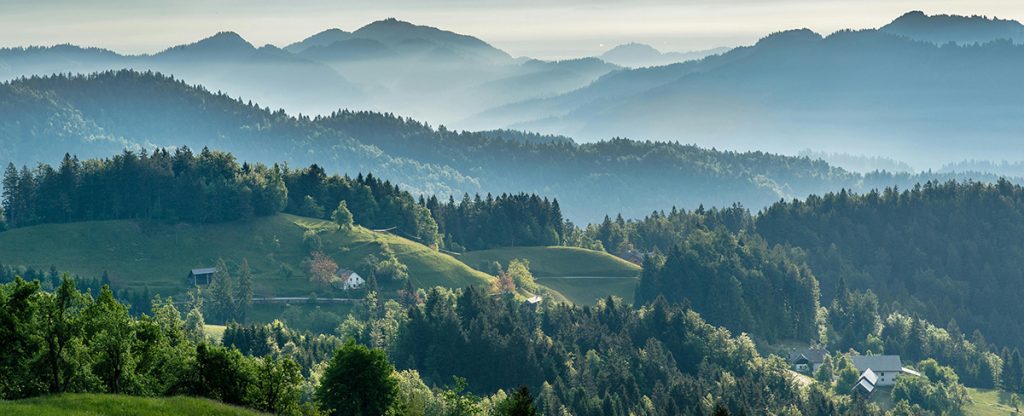
Bioenergy in Eastern Europe: Emerging Opportunities and Potential
While Western European countries have been at the forefront of bioenergy development, Eastern Europe is rapidly emerging as a region with significant untapped potential in this renewable energy sector. With abundant biomass resources and a growing emphasis on sustainable energy solutions, several countries in the region are actively pursuing bioenergy initiatives.
Bioenergy, derived from biomass such as wood, agricultural residues, and organic waste, offers a versatile and renewable alternative to fossil fuels. It can be converted into various forms, including biogas, biomethane, solid biomass, and liquid biofuels, making it a versatile energy source for multiple applications, including heating, electricity generation, and transportation.
Biogas and Biomethane: Leaders in Renewable Heating and Power
One of the most promising bioenergy formats in Eastern Europe is biogas, produced through the anaerobic digestion of organic materials such as agricultural residues, manure, and municipal solid waste. Poland, in particular, has made notable strides in this area, with over 300 biogas plants in operation as of 2021. Experts like Dr. Jacek Koziel from Iowa State University and Dr. Mariusz Jerzy Małecki from the Poznan University of Life Sciences have contributed significantly to the advancement of biogas technologies in the region.
Biomethane, the purified form of biogas, is also gaining traction as a renewable substitute for natural gas. Countries like Latvia and Lithuania are exploring the potential of biomethane for heating and transportation purposes. The Lithuanian company Enerstena is a pioneer in this field, operating several biomethane production facilities across the country.
Solid Biomass and Liquid Biofuels: Diverse Applications
Eastern Europe’s vast forestry resources and agricultural sectors provide ample opportunities for the utilization of solid biomass and liquid biofuels. Countries like Romania, Bulgaria, and Ukraine have significant potential for producing wood pellets and other solid biomass products for heating and power generation.
Liquid biofuels, such as biodiesel and bioethanol, are also emerging as viable options in the transportation sector. The Czech Republic, for instance, has established itself as a leader in biodiesel production, with companies like Preol and Meroco playing a significant role.
Renowned Experts and Research Institutions
While the bioenergy sector in Eastern Europe is still in its early stages, several renowned experts and research institutions are contributing to its growth. Dr. Jarosław Chołodkowski from the University of Warmia and Mazury in Poland is a prominent figure in the field of bioenergy, with a particular focus on biomass gasification technologies.
The International Institute for Applied Systems Analysis (IIASA) in Austria has been actively involved in bioenergy research and policy analysis, collaborating with researchers and policymakers across Eastern Europe to promote sustainable bioenergy solutions.
Breakthroughs and Developments
Eastern Europe has witnessed several notable breakthroughs and developments in the bioenergy sector. For instance, the Polish company ECO-ABC has developed an innovative technology for converting agricultural residues into high-quality biochar, a valuable soil amendment and carbon sequestration product.
Additionally, the Czech company Celtic Renewables has made significant strides in developing advanced biofuels from whiskey by-products, showcasing the potential for innovative biomass valorization strategies.
Challenges and Opportunities
While the bioenergy sector in Eastern Europe holds immense potential, it also faces several challenges, including limited infrastructure, regulatory hurdles, and the need for increased investment and technological transfer. However, with growing international collaboration, knowledge-sharing, and supportive policies, these challenges can be overcome, paving the way for a more sustainable and diverse energy future in the region.
As Eastern Europe continues to explore and develop its bioenergy resources, it presents exciting opportunities for economic growth, energy security, and environmental sustainability, contributing to the global transition towards a low-carbon economy.
